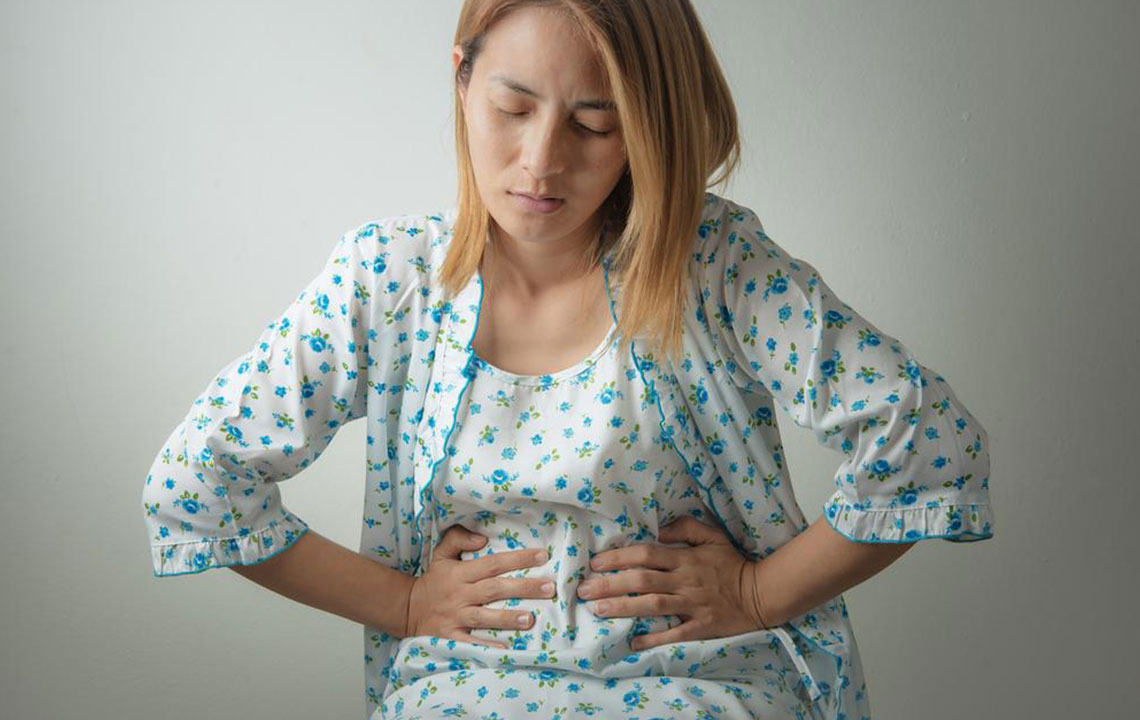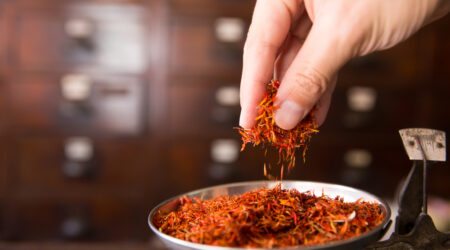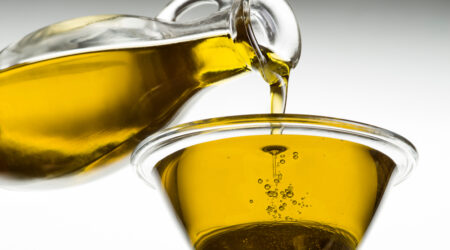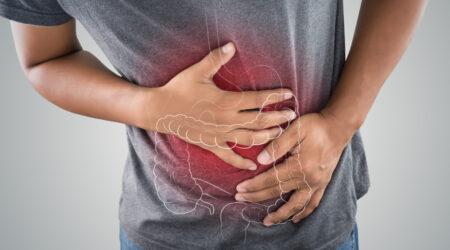8 Effective Home-Remedies to Curb Frequent Urination
Who doesn’t love a good night’s sleep? But, what if you wake up in the morning feeling groggy because your bladder decided to become overactive that night. If people experience this problem rarely, they should consider themselves lucky, because there are people who have lost their sleep, their peace of mind and are leading a stressful life because of their frequent urination problem. At times, people do relieve themselves more than their usual because they might have had too many glasses of water.

Many times, frequent urination has been linked to Urinary Tract Infection. Or, if a person has bladder stones, kidney infection, diabetes, inflammation of the bladder wall, or dysfunction of the bladder, he/she can suffer from frequent urination. At times, in chronic cases, frequent urination can also be painful, or there would be blood in the urine. This shows severe infection in the urinary tract.
However, like most of the ailments in the world, frequent urination can be treated as well. And, the good news is, that it can be treated with different home remedies, which are as effective as medicines. Here are the 8 most-effective home remedies that can help cure the problem of frequent urination.
Boiled spinach
Remember how everyone’s favorite cartoon character would bulk up and fight the antagonist as soon as he consumed spinach, well, that’s how effective spinach is. Spinach has almost all the nutrients that one would want. In addition to being loaded with minerals, spinach can also help conquer frequent urination. Eating boiled spinach for dinner would reduce the urge to pee frequently. Also, try mixing it with coconut water, and consume it daily. This would help one sleep peacefully.
Fenugreek seeds
Fenugreek seeds are powerful diuretic agents and can help reduce the urge to pee frequently. It is the home to many natural chemical compounds that can help reduce the urinary tract infections. Chewing fenugreek seeds daily, or mixing the powdered fenugreek seeds with bishop seeds and water, the resultant solution is known to reduce frequent urination considerably.
Pomegranate paste
Pomegranate is a fruit that is loaded with nutrients. Not only is this fruit healthy, the pomegranate peel helps in reducing the urge to urinate frequently. When a person pees more than their usual share, there would be a slight inflammation in that area, which would cause the person to become restless. Dry the peel and grind it. Mix the powder with water, and apply the paste to the affected area. This would reduce the heat in your bladder, and reduce the urge to urinate frequently.
Cranberry
Cranberry is loaded with antioxidants and is known to prevent as well as cure urinary tract infections. Since it is antibacterial, it helps in combating infections caused by the same. Include cranberry in your diet, and in addition to controlling your urge to pee frequently, it would also give you the necessary amount of dietary fiber you miss out on.
Sesame seeds
Sesame seeds are a rich source of minerals, essential fibers, minerals, and vitamins, and it shouldn’t come as a surprise that it helps in controlling the urge to pee frequently. Mix jaggery with these sesame seeds, and consume it on a daily basis. For faster effects, one can mix the sesame seeds with jaggery, black sesame seeds, and some carrom seeds. This would help combat the problem of frequent urination effectively.
Roasted horse grams
Horse grams are an abundant source of iron, polyphenols, and calcium molybdenum. In addition to harboring these nutrients, it is also a rich source of antioxidants. These nutrients play a major role in helping combat urinary tract infections, that are known to cause frequent urination. Roast some horse grams, and consume it with jaggery. You would witness a reduction in the urge to urinate frequently.
Aloe vera juice
Aloe Vera is known for its anti-inflammable properties and can soothe any irritation instantly. Frequent urination is often accompanied by a burning sensation in that area. It can be very painful as well. It is essential to consume a glass of Aloe Vera juice daily, which would help reduce the infection, and also the inflammation.
Kegel exercises
Many times, frequent urination is caused due to weak bladder walls, and one’s inability to control the flow of the same. Kegel exercises are quite effective in helping strengthen the bladder walls. Kegel exercises involve learning to control the flow of urine by using the pelvic floor muscles. Performing Kegel exercises regularly would ensure greater bladder control, and one can learn to control the flow of urine.
Frequent urination is not a rare problem and can be easily controlled with the help of above-mentioned home remedies. You can and should visit the physician if the problem persists.


